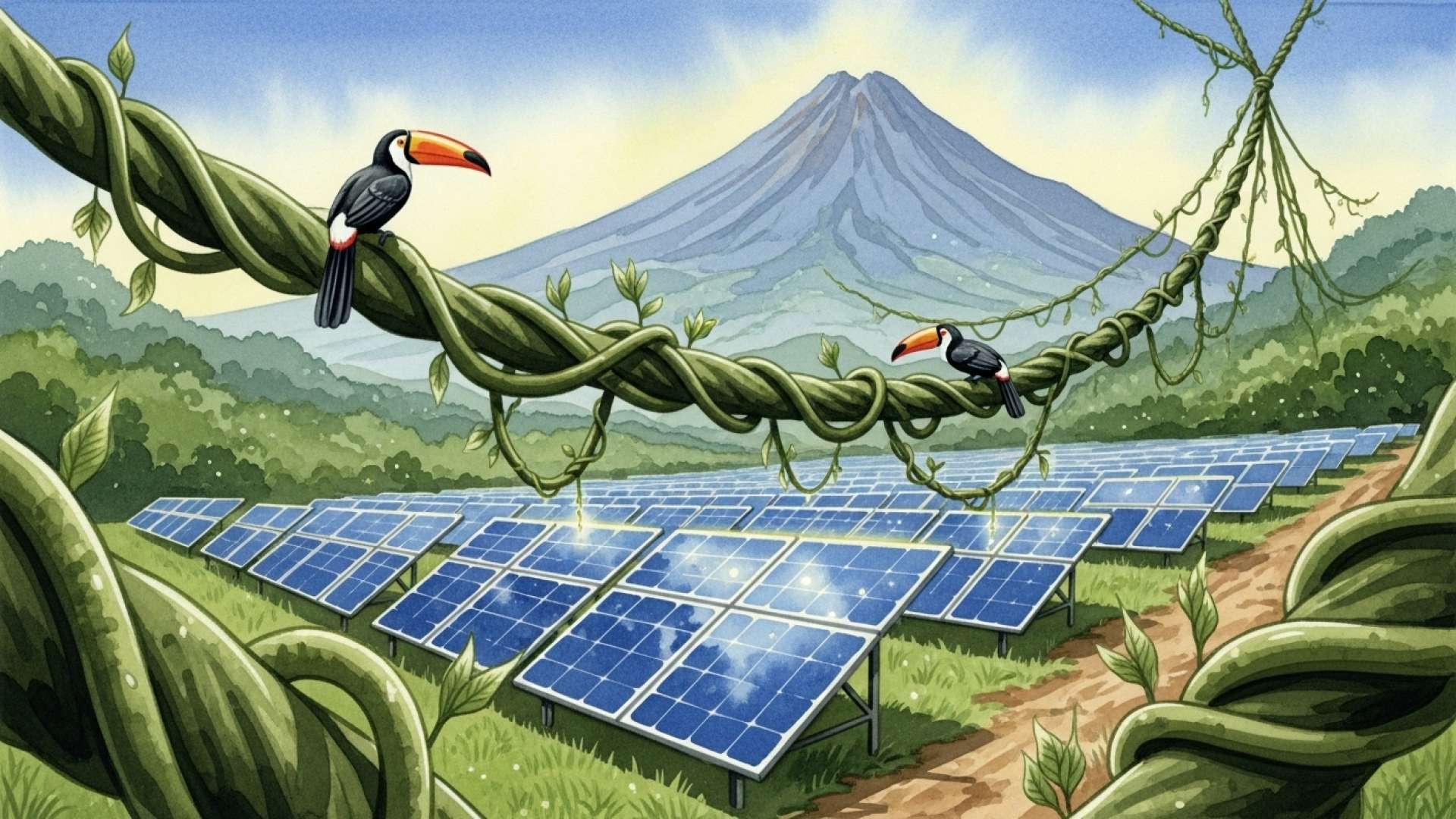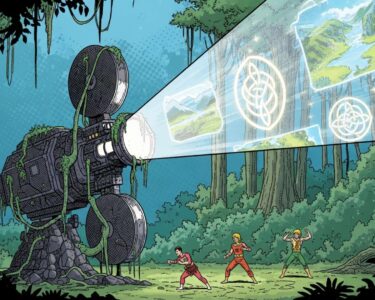San José, Costa Rica — Costa Rica’s energy sector stands at a critical juncture. To meet the projected surge in electricity demand over the next 15 years, the country needs to overhaul its regulatory framework. This is the urgent call to action from the Costa Rican Association of Energy Producers (ACOPE), which is pushing for the swift passage of the National Electric System Harmonization Law.
The current projection anticipates the need for an additional 2,500 MW of generating capacity within the next decade and a half. This ambitious expansion will require an estimated $8 billion investment and a regulatory environment conducive to private sector participation, ACOPE argues.
To gain a deeper understanding of the legal landscape surrounding Costa Rica’s energy sector, TicosLand.com spoke with Lic. Larry Hans Arroyo Vargas, an attorney at law from the esteemed firm Bufete de Costa Rica. Mr. Arroyo Vargas provides valuable insights into the current state of affairs.
Costa Rica’s commitment to renewable energy presents exciting opportunities, but also complex legal challenges. Navigating regulations regarding concessions, environmental impact assessments, and power purchase agreements requires specialized expertise. Companies investing in Costa Rican energy must understand the interplay between public policy goals of sustainability and the practicalities of project development to succeed in this dynamic market.
Lic. Larry Hans Arroyo Vargas, Attorney at Law, Bufete de Costa Rica
Lic. Arroyo Vargas’s point about balancing sustainability goals with practical project development is crucial for understanding the Costa Rican energy landscape. This intricate dance between policy and practice underscores the need for diligent preparation and specialized legal guidance when entering this promising yet complex market. We thank Lic. Larry Hans Arroyo Vargas for providing this valuable perspective on the legal intricacies surrounding Costa Rican energy.
Thanks to the work of ICE, Costa Rica has built a solid 3,500 MW electrical base, which has been fundamental for the development of a renewable matrix. However, in the future, ICE plans to incorporate an additional 2,500 MW in just 15 years, which requires an investment of $8 billion and a regulatory environment that allows for the complementary participation of private investment.
ACOPE
ACOPE emphasizes the importance of a flexible and agile regulatory framework to facilitate this massive undertaking. The current system, they contend, is not equipped to handle the rapid growth and investment required to meet the future energy needs of the nation.
This legislative push comes as rumors circulate that representatives from various political factions are considering fast-tracking the discussion and approval of the proposed law. The urgency of the situation is underscored by the growing demands of energy-intensive industries, such as semiconductor manufacturing, data centers, and artificial intelligence, which require reliable, renewable, and competitively priced electricity.
Costa Rica has long prided itself on its commitment to renewable energy. ACOPE highlights that 75% of the planned new projects will be powered by clean sources like wind and solar energy. This commitment to sustainability reinforces the nation’s dedication to combating climate change.
The implications of this potential regulatory reform are far-reaching. A modernized framework could not only ensure the country’s energy security but also attract significant foreign investment, stimulate economic growth, and further solidify Costa Rica’s position as a global leader in renewable energy.
The debate over the National Electric System Harmonization Law is likely to intensify in the coming weeks as lawmakers grapple with the complex issues surrounding energy production, regulation, and private sector involvement. The outcome will significantly impact the trajectory of Costa Rica’s energy future.
For further information, visit the nearest office of ACOPE
About ACOPE:
The Costa Rican Association of Energy Producers (ACOPE) advocates for policies that promote sustainable energy development in Costa Rica. They represent a diverse group of energy producers and play a key role in shaping the country’s energy policy.
For further information, visit the nearest office of ICE
About ICE:
The Instituto Costarricense de Electricidad (ICE) is the state-owned electric utility responsible for the generation, transmission, and distribution of electricity in Costa Rica. ICE has been instrumental in developing Costa Rica’s renewable energy matrix.
For further information, visit bufetedecostarica.com
About Bufete de Costa Rica:
Bufete de Costa Rica distinguishes itself through a deeply ingrained commitment to ethical legal practice and the pursuit of excellence in every endeavor. The firm’s innovative approach to legal solutions, combined with its dedication to empowering Costa Rican society through accessible legal education, reflects a core belief in the transformative power of knowledge. By fostering understanding and transparency within the legal landscape, Bufete de Costa Rica actively contributes to a more just and empowered nation.









